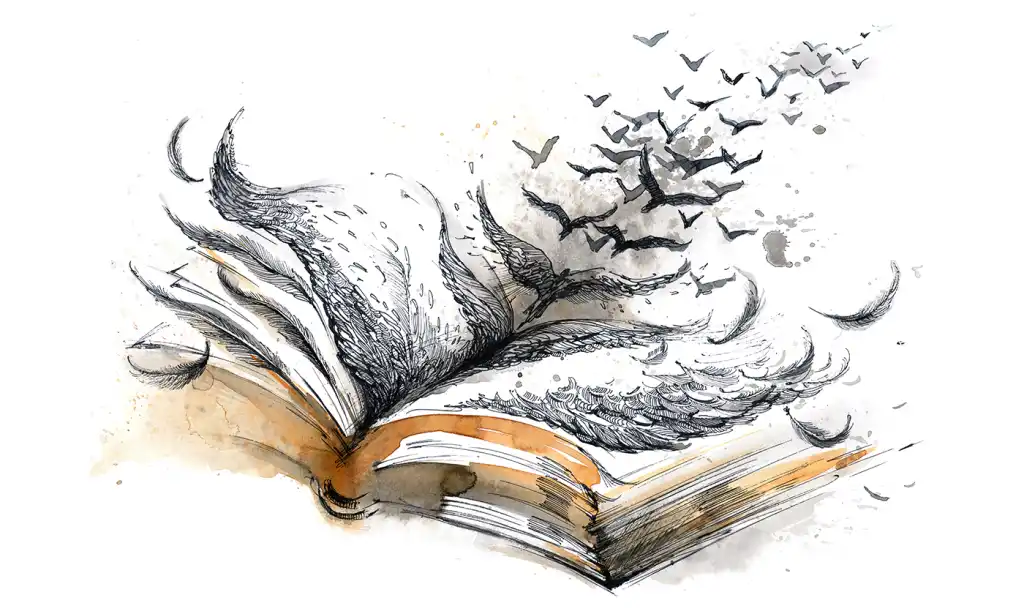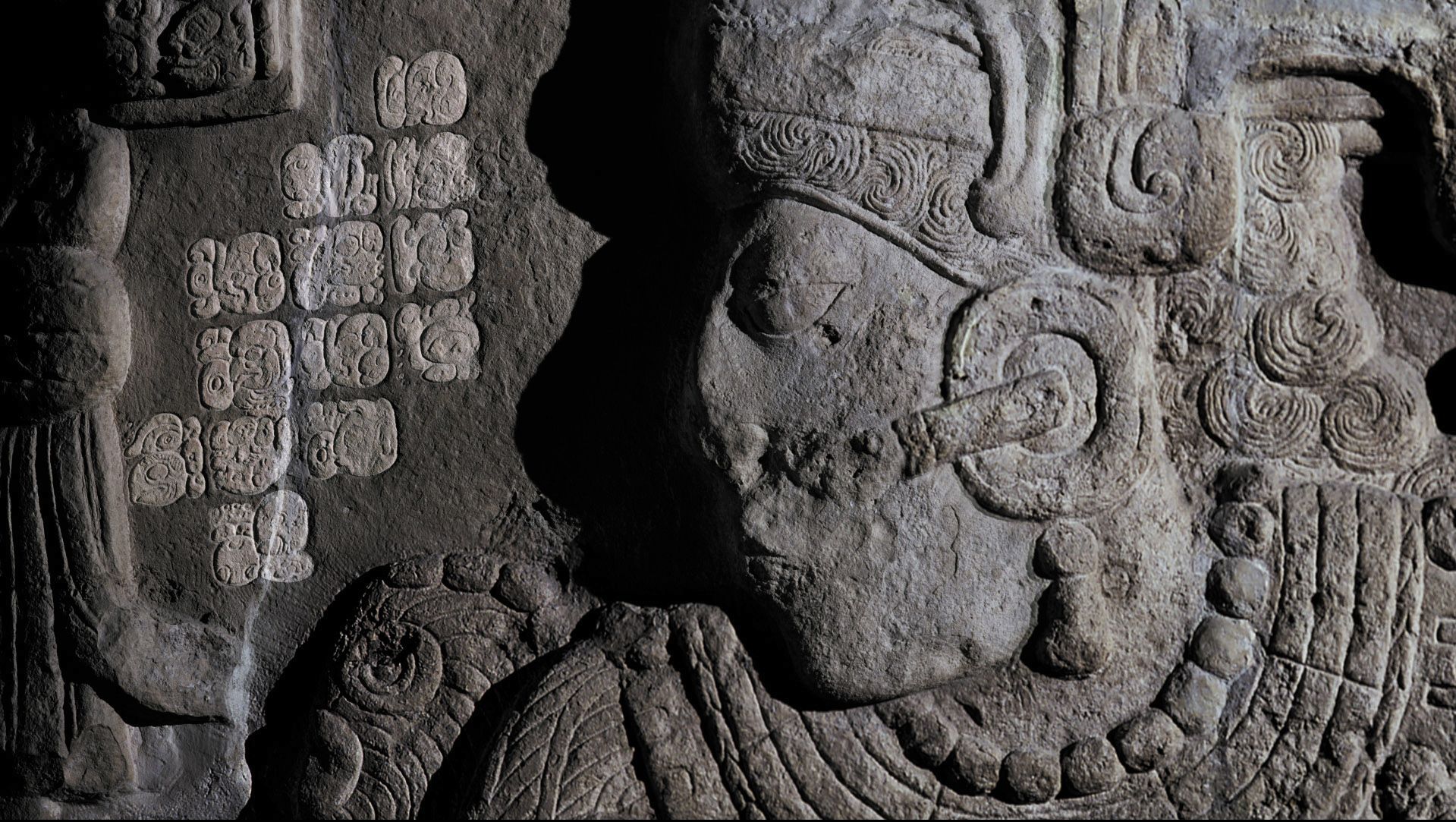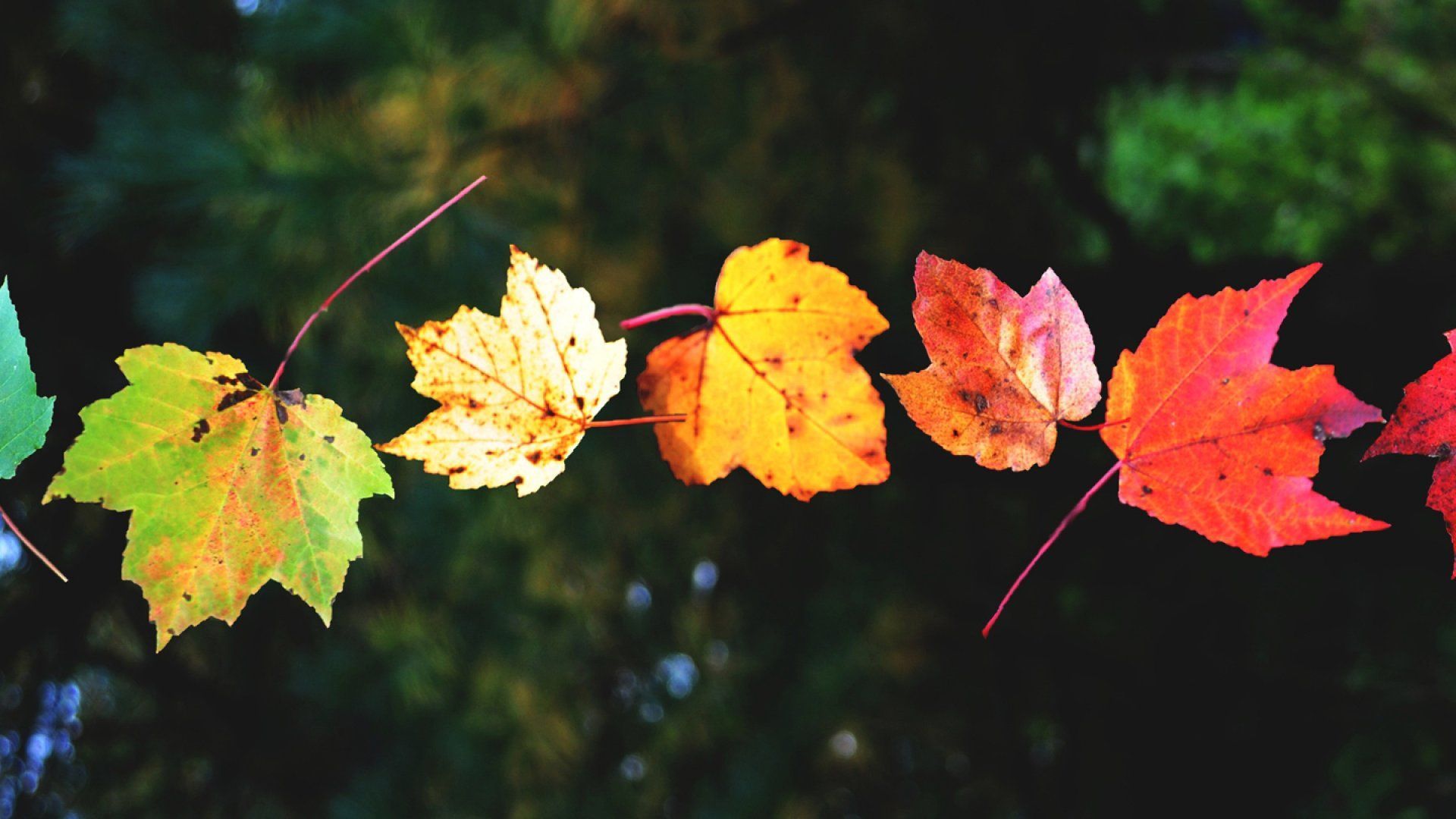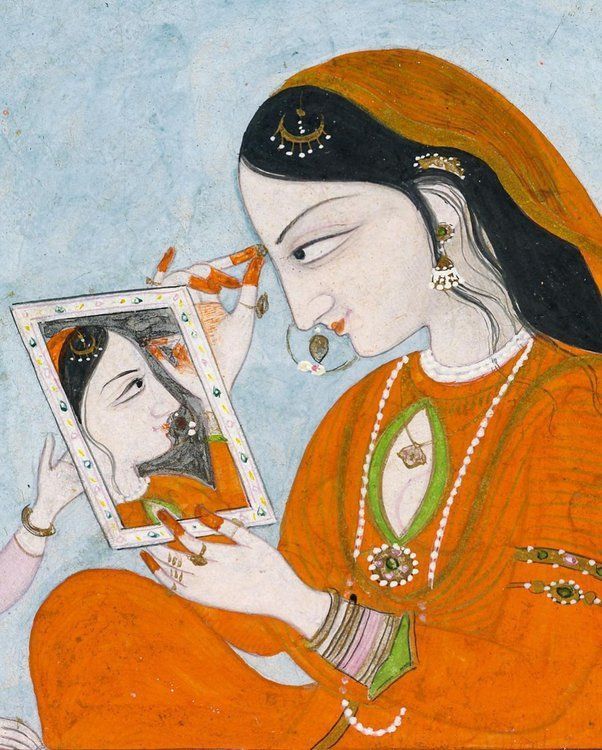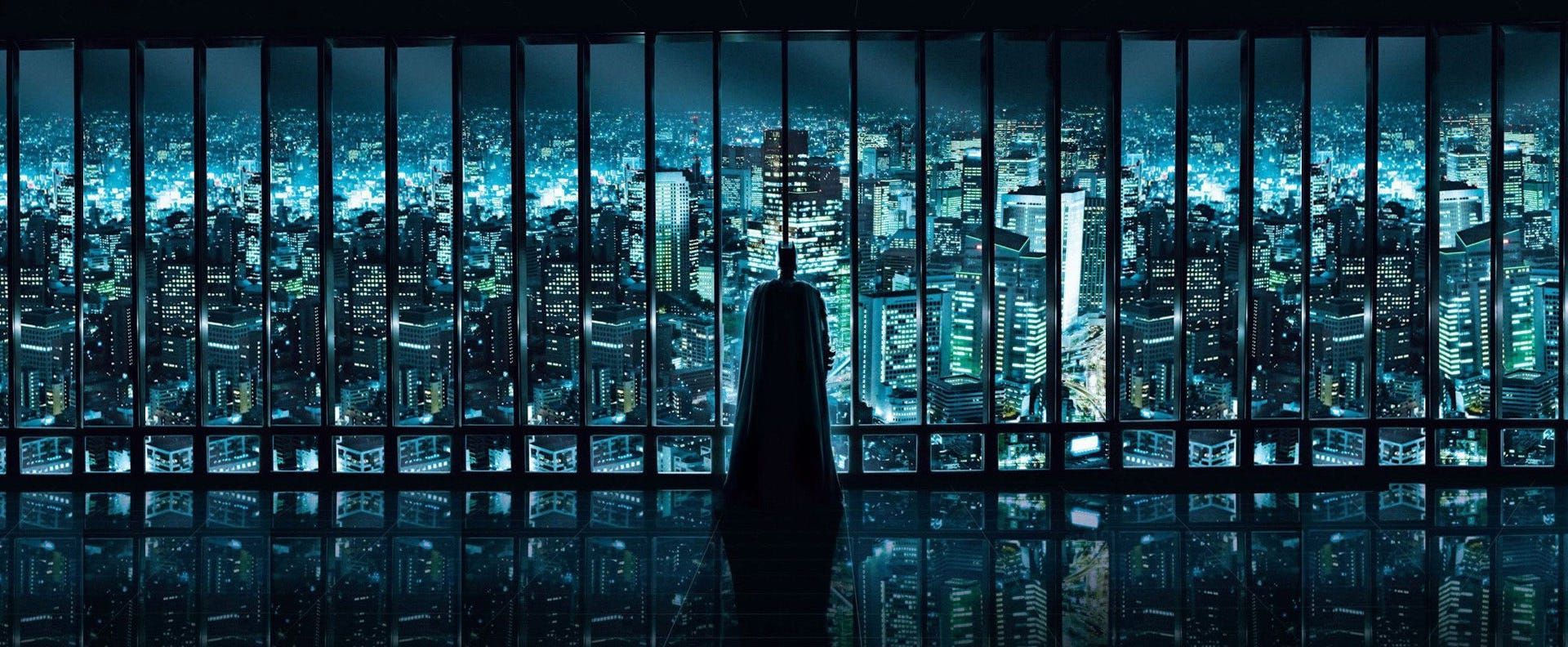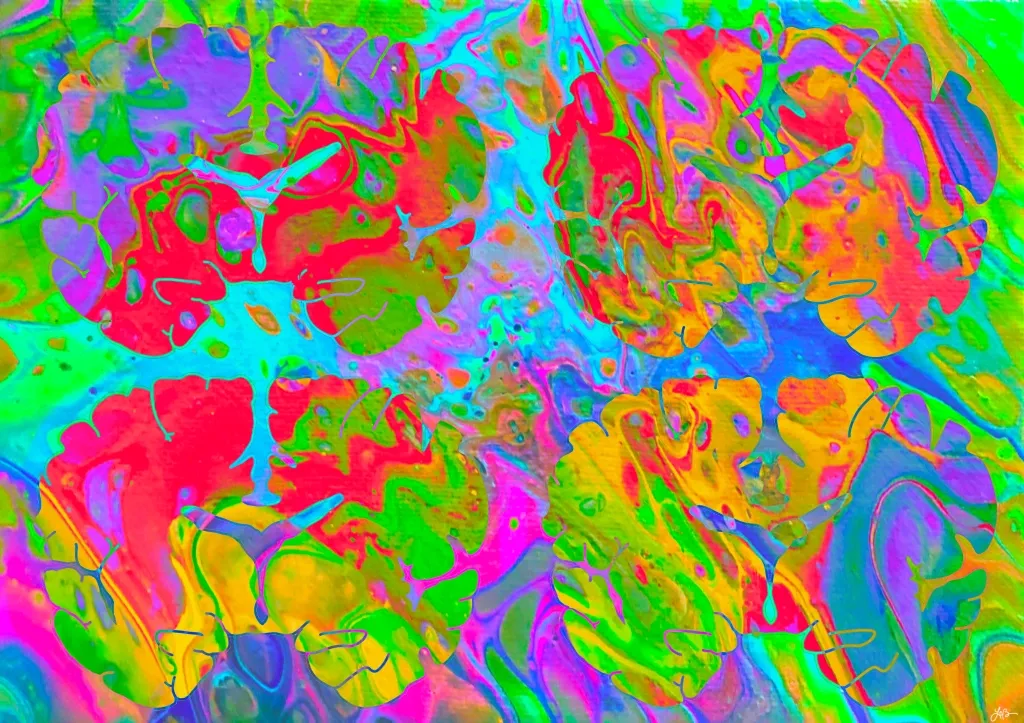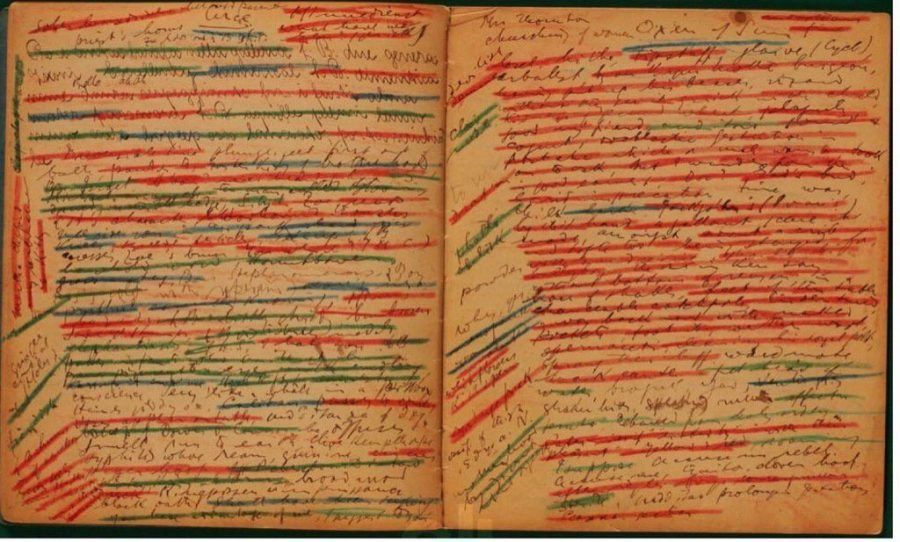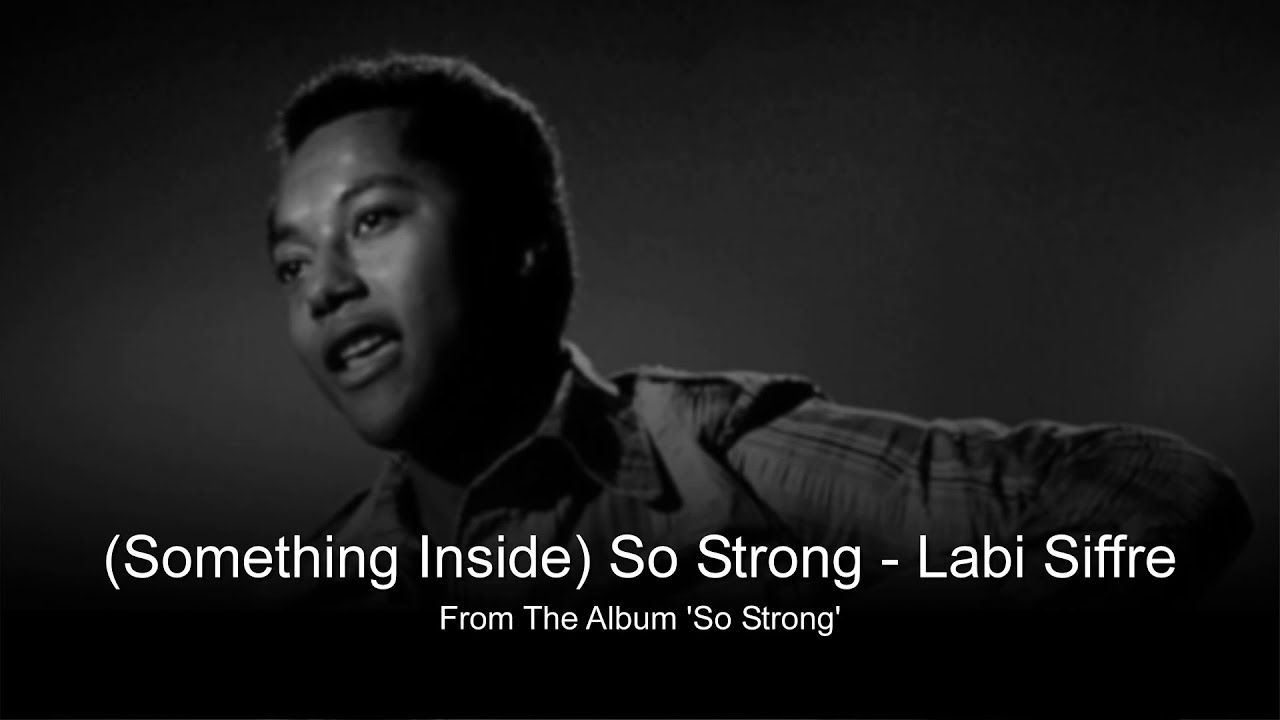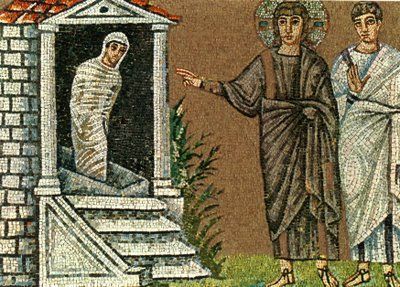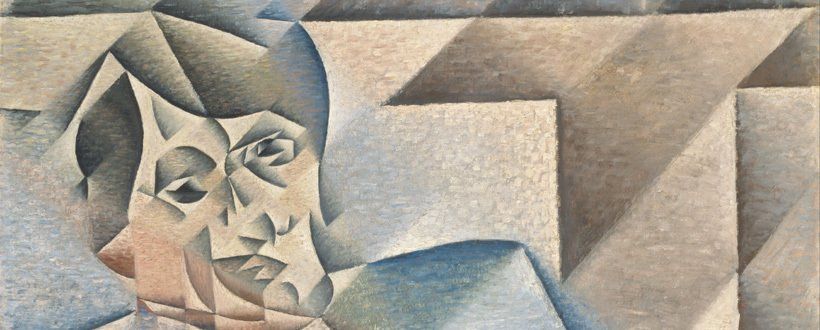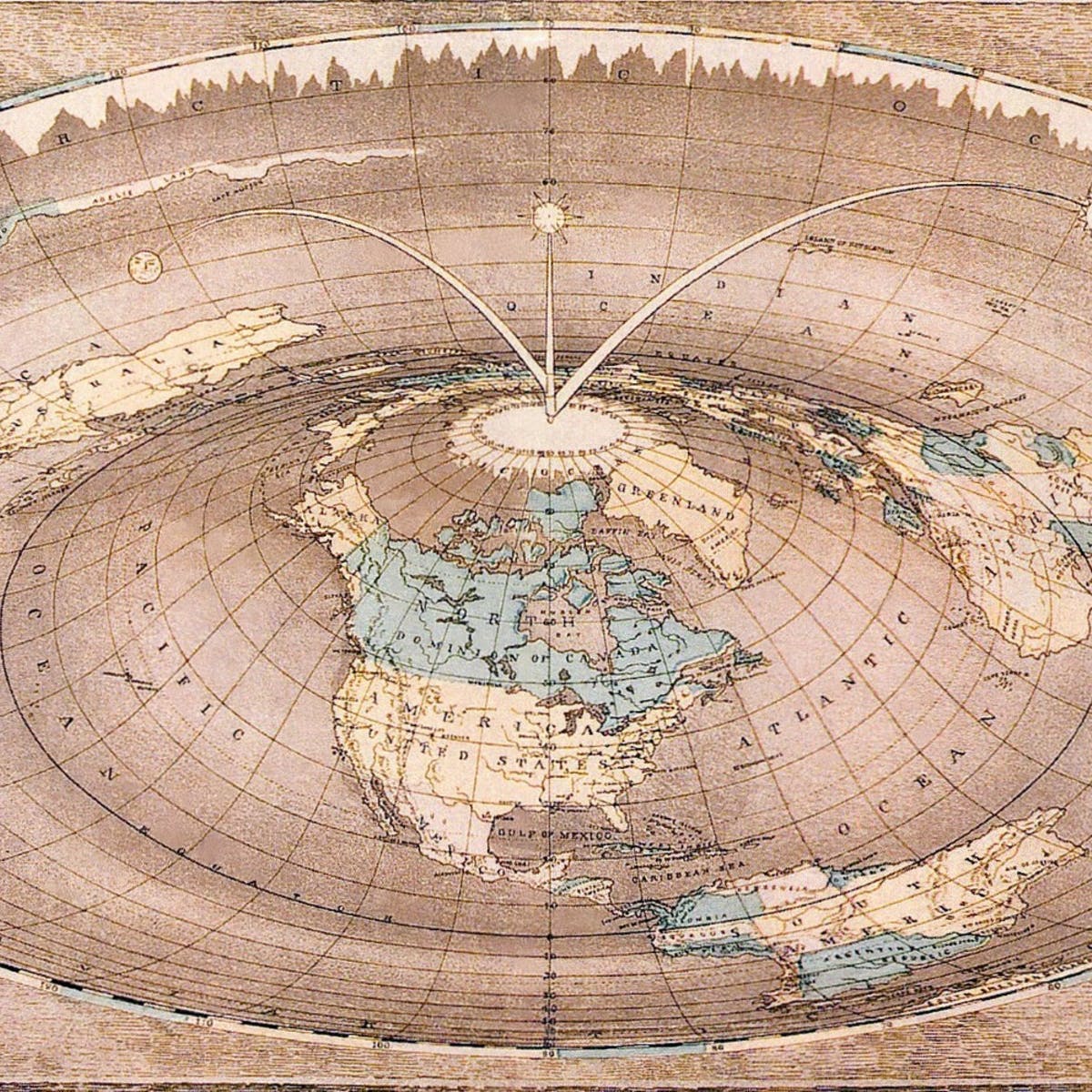ToK Essay Titles May 2023 Prompt 3
Knowledge bubbles: paradigms and storyverses
Let’s look at two alternative senses in which knowledge might be acquired within ‘bubbles’. One within the Natural Sciences. The other with the Arts.
In a slightly broader definition of the term, a scientific ‘paradigm’ could be visualised as a bubble. Thomas Kuhn defined a ‘paradigm’ as a practical framework which determined how scientific experts built their hypotheses about naturel; how they designed and conducted experiments how they interpreted the evidence these generated and applied the knowledge to solve real life problems.
One key feature of such paradigms is that experts don’t actually ‘know’ they’re working within one. At least, not until someone, or some group, arrives with a vastly different way of doing science. And to do this – to create a revolution that breaks from the traditional paradigm – is rare, since it has to happen from within. For someone to do science differently – to think differently – from everyone else is extremely hard. But not impossible, as Kuhn points out. There have to be a certain set of conditions, both within the paradigm and the cultural context in which the paradigm exists, for revolutions to happen. In the meantime, the new ‘revolutionary’ information and voices within the paradigm are ether excluded or minimally tolerated as ‘fringe’ knowledge. The example of the new knowledge and voices of heliocentricism within the paradigm of geocentricism is well known, so try to find a different one if you explore this point of view in more detail.
If you consider an artwork in any medium as telling a story or having its on ‘storyverse’, a similar point of view can be explored. Samuel Taylor Coleridge explained that in order to access the world of a poem dealing with supernatural events, a reader is required to undertake a ‘willing suspension of disbelief’ – a deliberate placing aside of our rational, critical faculties, so that we can wholly enter, both body and soul, into the experience being expressed.
If we generalise this directive to all forms of narrative, it entails that we must necessarily, if temporarily, block out the voice of questioning reason and the information about the real world generated by our common sense intuition. Only by excluding what we know and hear about the ‘natural’ world can we be transported out of the real and into the fictional realm of the narrative. Very often, we aren’t willing participants in this process; stories just seem to carry us away, enchant us or hook our imaginations out of the day to day and into a fiction. When this works well, we return to the real world with ‘new eyes’, so to speak: a refreshed way of looking at the world, perhaps even with transformed values and beliefs. When this doesn’t work so well, we get lost in the ‘virtual’ storyland never to come back to reality (this may feel like schizophrenia) or, at best, we return to the real world full of paranoid, irrational fears and become suspicious of everything around us. This is dualistic effect of narrative transportation is terrifyingly encapsulated in films such as The Matrix, in which the main character has to choose between taking a red pill (come back to reality as it is) or a blue pill (stay within the virtual reality storyverse).
The implications? If we assume that the path to pursue knowledge is determined by reason and tolerance, we have to think again. Both examples seem to point to other, more complex approaches to knowledge which are built on narrow-minded forms of thinking and perspectives. While paradigms in Natural Sciences exist by marginalising new knowledge discovered by so-called ‘rogue’ scientists, ‘storyverses’ within the Arts, seem magically to pull us away from rationality and ‘feed’ on our desire for ever more strange and weird narratives. While we’d like the process of pursuing knowledge to be inclusive and ‘politically correct’, it seems the reality has to be very different. Which doesn’t mean that inclusivity of alternative information and diverse viewpoints need never be part of the process…






